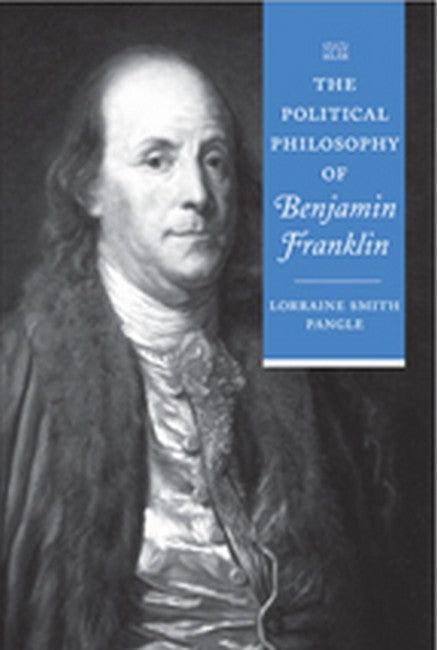Note on SourcesAcknowledgmentsIntroductionThe Earliest FranklinFranklin, Socrates, and Modern Rationalism1. The Economic Basis of LibertyThe Weber CritiqueThe Value of WorkWork, Acquisitiveness, and NatureA Republican Political EconomyThe Meaning of Leisure2. The Virtuous CitizenThe Ethos of the MerchantFranklin's Early Thoughts on Virtue and ViceFranklin's Retreat from His Early ViewsThe Project for Moral PerfectionHumility, Pride, and VanityThe Art of Virtue3. Philanthropy and Civil AssociationsMan as a Political AnimalFranklin and Tocqueville on AssociationsFranklin's Benevolent ProjectsDemocratic Leadership4. Thoughts on GovernmentThe Albany Plan of UnionOf Proprietors and KingsStatesmanship and Public RelationsNatural Right and Human OpinionRepresentation and FederalismDemocratic DiplomacyThe Constitutional ConventionImmigration, Race, and Slavery5. The Ultimate QuestionsEnlightenment and the Adequacy of ReasonThe Civic Benefits of ReligionThe Defects of ChristianityToleration and Religious FreedomThe Existence of GodEros, Death, and EternityNotesRecommended ReadingsIndex

